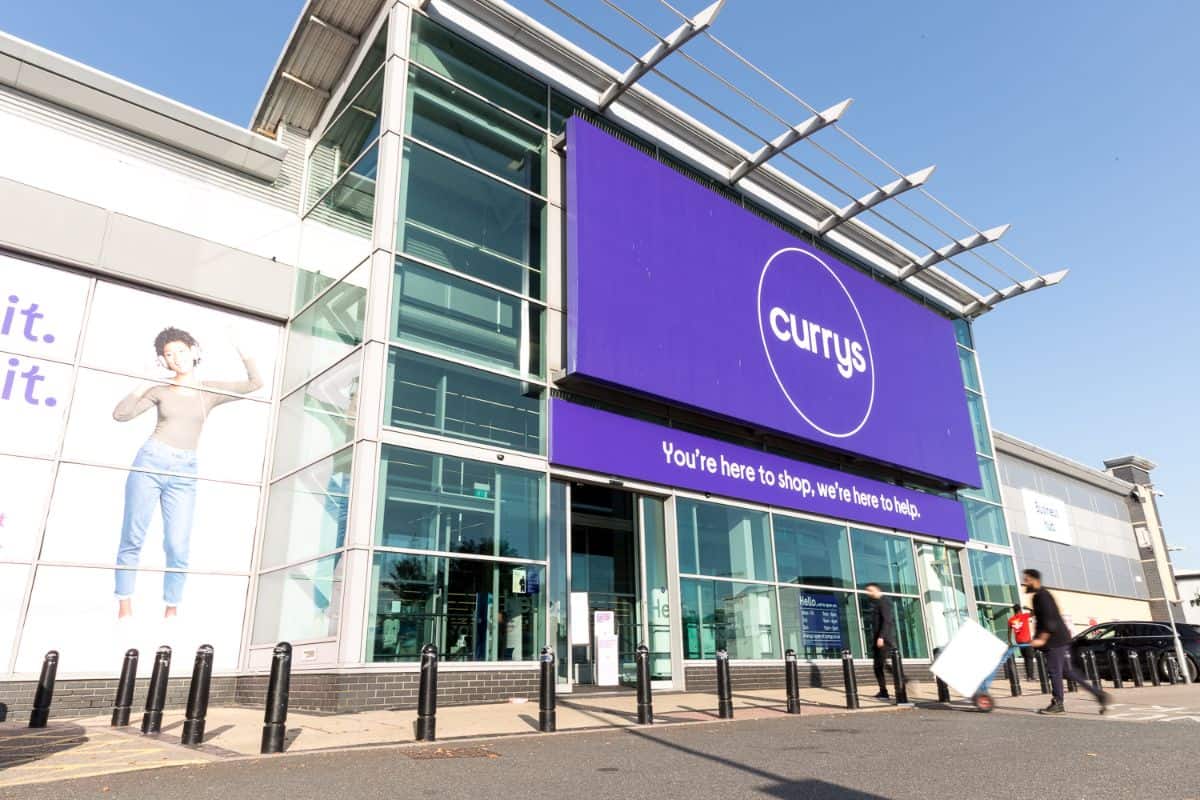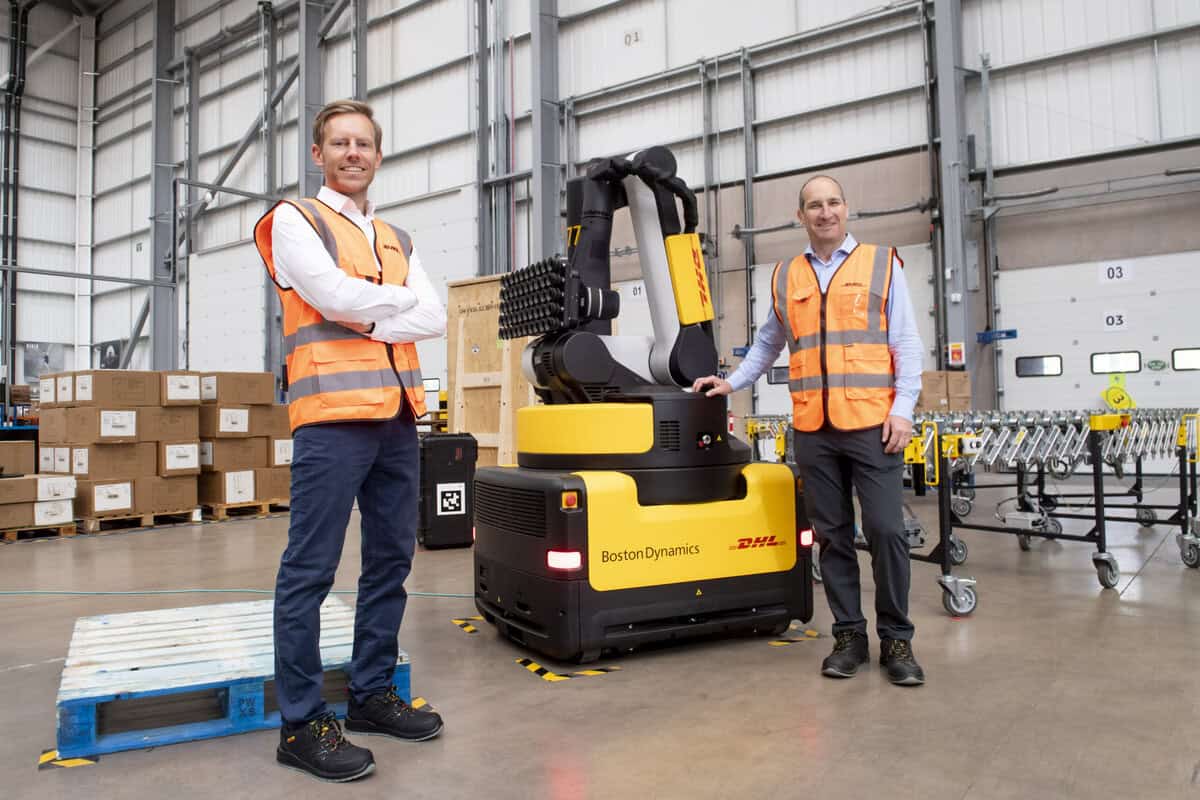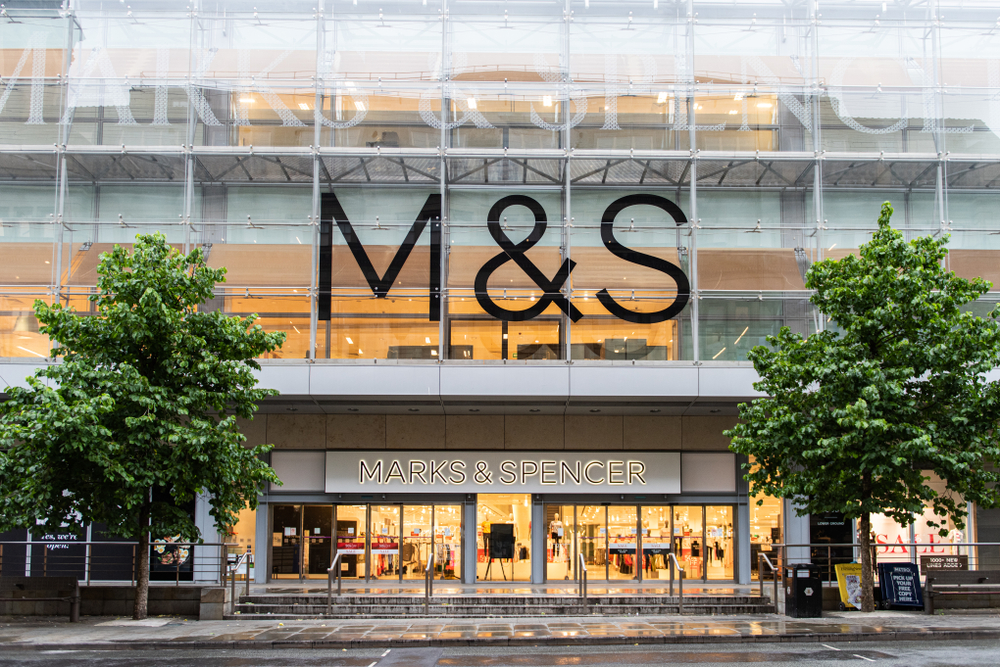Despite wide discounting and a plan to ’evolve’ to meet changing shopping habits,, Sainsbury’s sales have fallen in Q1 2019 by 1.2%, excluding petrol, with like for like sales falling by 1.6%. This is the third straight decline for the supermarket.
The group said that while total grocery sales fell 0.5%, general merchandise sales dropped 3.1% and clothing sales were down 4.5%.
Despite the declines, Sainsbury’s claims that its premium “Taste the Difference” own-brand food range has gained market share, as did some general merchandise categories and clothing – making it the UK’s fifth largest clothing retailer by volume.
The retailer is already reeling from its failed merger bid with rival Asda, which dented share price and totally derailed CEO Mike Coupe’s recovery plan. He had stressed in May that the retailer was trying to meet changing consumer demands in a tough market. However, his plan to, in his words, “evolve, rather than dramatically change, to meet changing customer habits such as more frequent shopping trips, the demand for more convenience and more shopping online” appears to be too slow in coming through.
This is part of a wider problem for the retailer, believes Thomas Brereton, Retail Analyst at GlobalData. ‘‘The myriad of negative growth figures covering Sainsbury’s eagerly awaited Q1 results appeared with little shock this morning… But possibly more worrying than the figures is the distinct lack of a recovery plan being offered at this stage. Although the update stated laudable achievements in technology investment – such as 148 supermarkets now offering the SmartShop self-scan process and 206 Argos stores offering Pay@Browse – alongside a brave pledge to invest in 400 supermarkets this year, this offers little assurance that fortunes will improve any time soon.”
He continues: “Mike Coupe’s position – as well as remuneration – has come under fire in recent months, exacerbated by the share price hitting a 30-year low at the end of June, and such a sidestep of a progress update will only heighten pressure that he should now be facing the music rather than singing along to it.”
According to the analyst, nursing Sainsbury’s back to health is now a difficult and unenviable task to say the least – whoever may be at the helm. The intense pressure from the value players has created problems across the rest of the market, but Sainsbury’s seems to have taken the brunt of the grocery revolution, caught in-between focusing on price – like rival Tesco has done – and focusing on product and service – such as Waitrose.
“Although Sainsbury’s is trying to compete – such as recently reducing prices on over 1,000 own-brand products to save customers 18% on an average basket spend – its more premium image means it will continue to stumble if it tries to overcome its competitors on price,” says Brereton. “Instead, Sainsbury’s needs to unearth and address the concerns closest to the hearts of its shoppers where other grocers have struggled; a particularly good example would be sustainability, with Sainsbury’s shoppers significantly more likely to consider the sustainability of the food they buy than those shoppers at its Big Four rivals.’’








